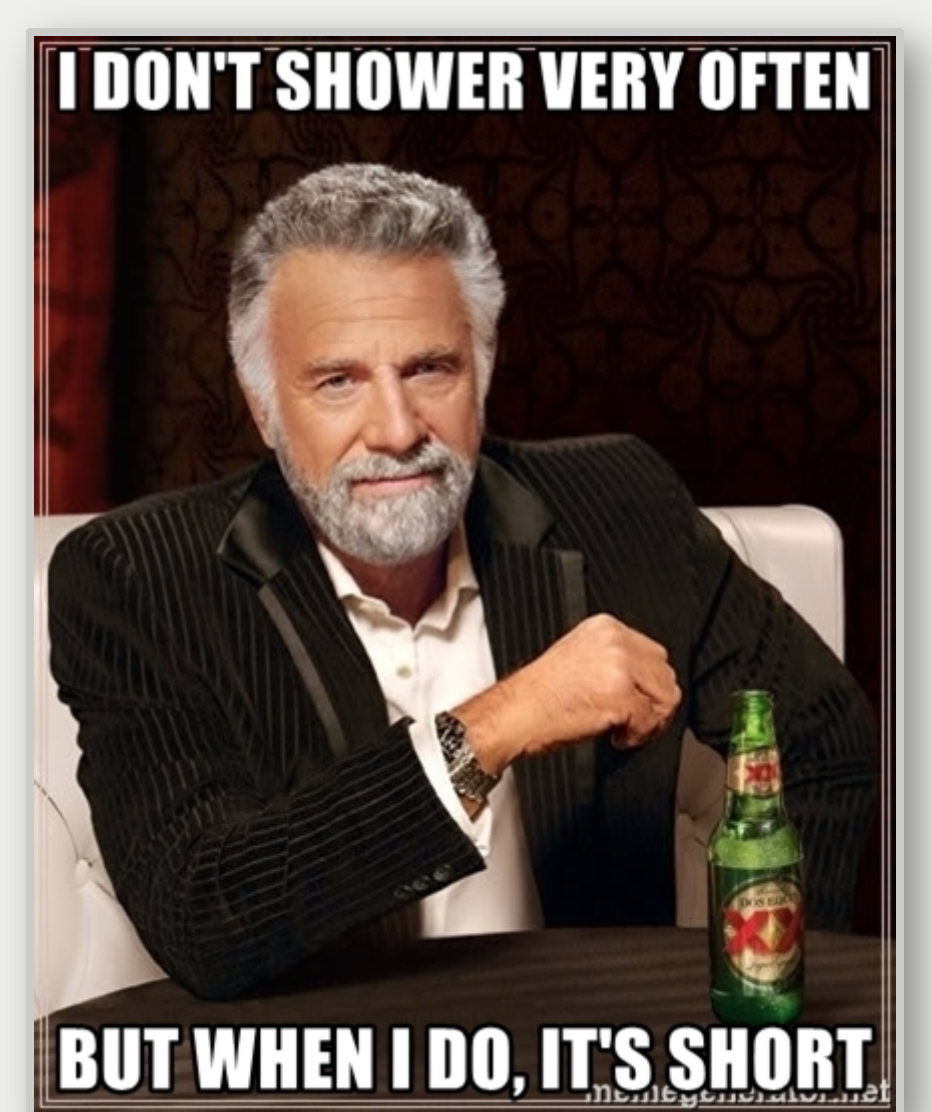
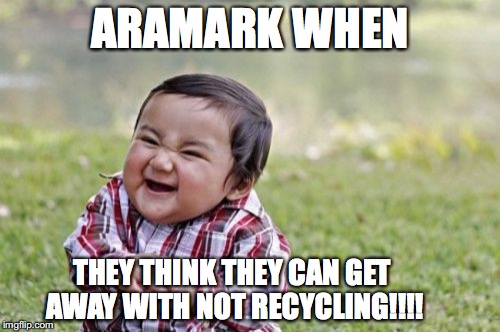
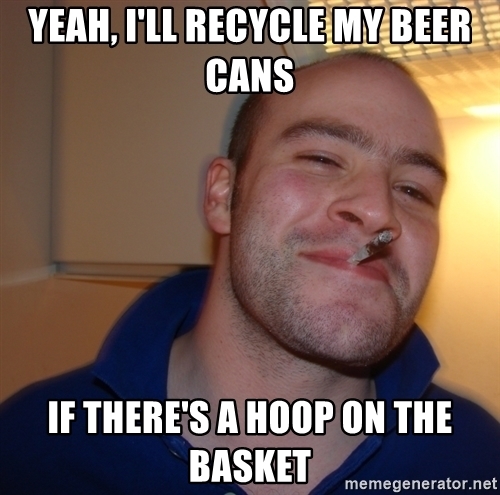
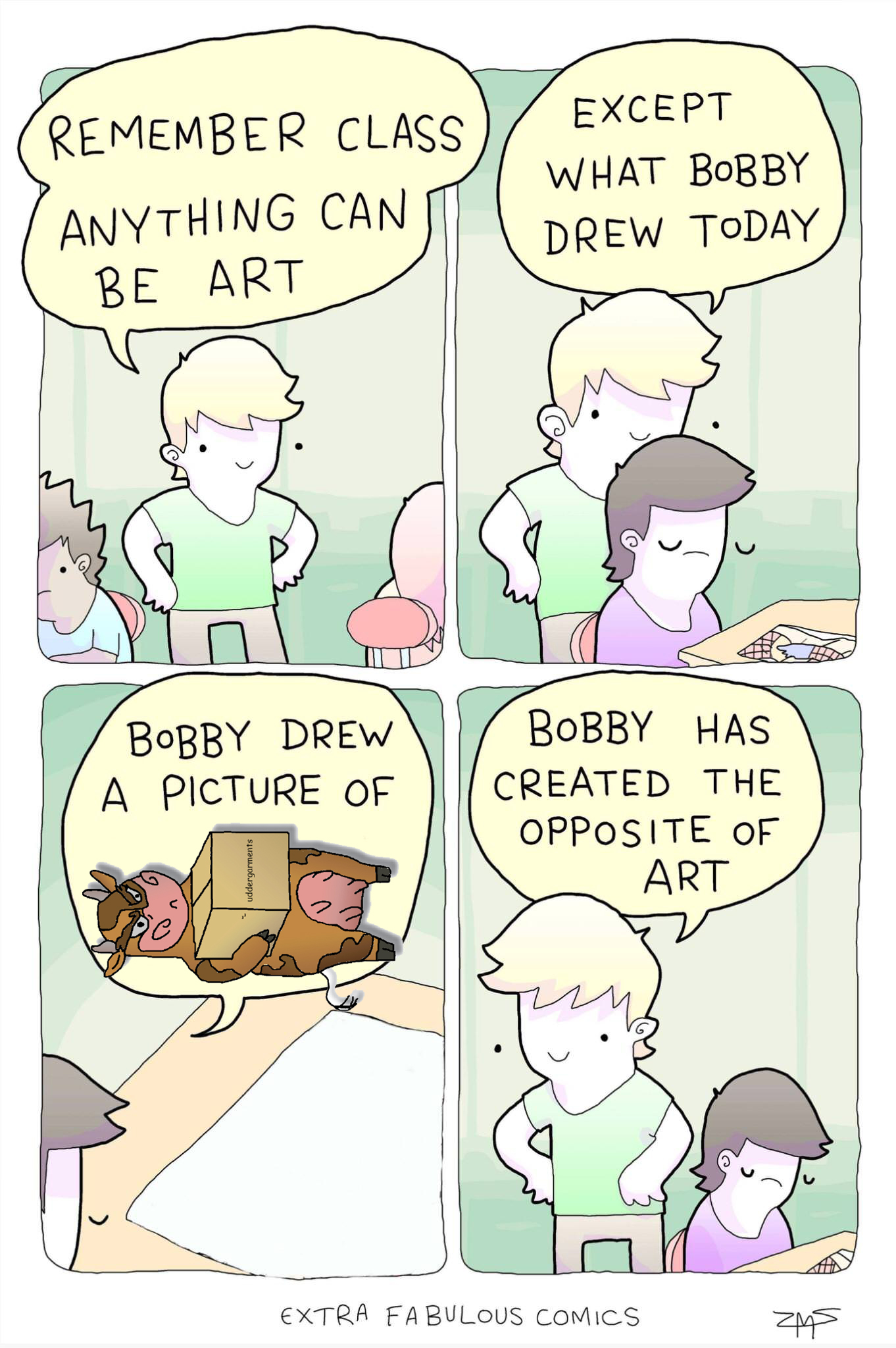
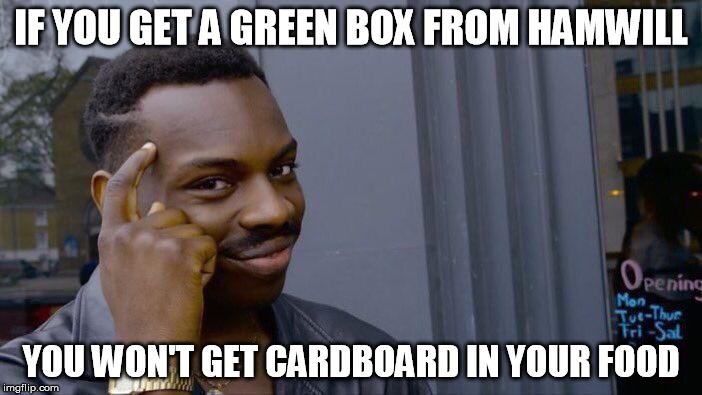
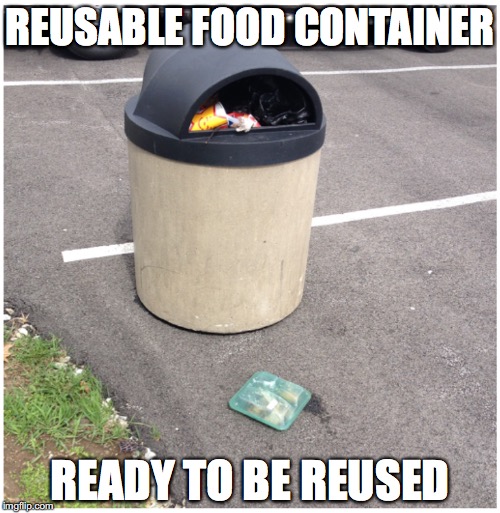
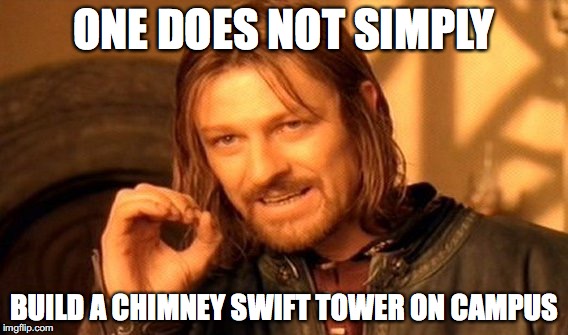
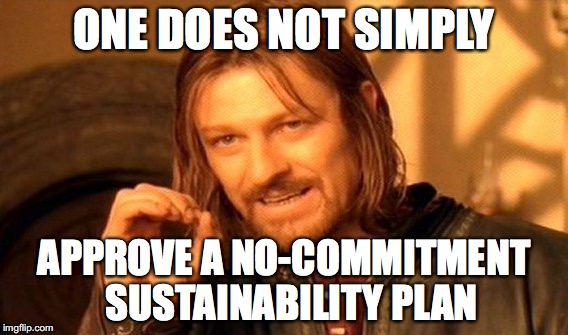
ENVS 399: Sustainability Practicum
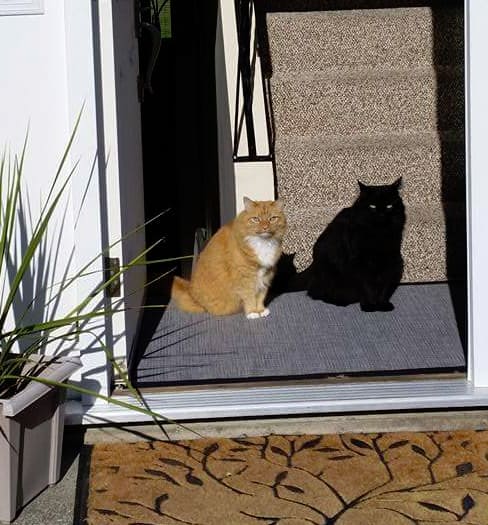
For our meetings this 4th week of the semester:
Please make sure I have your Starting Point Document: am missing a few!
Please create at least one meme for this class / sustainability / environment at OWU:
Please review the Week 3 Update 2 posting.
Starting Point Document & Updates
Remember that you need to continue to add information to your Starting Point Document. This can be related to your specific work on the project, or broader issues in the 10 readings we did to start the semester.
In addition, I asked you to ponder the issues under Pearls of Wisdom on Week 3 Update 1: in particular “Some Solutions”:
I will also pass along additional ideas as they pop into my head (or yours, if you share them with me). They should be worked into your Starting Point Document and related to the practical work in class.
For this week consider these further issues:
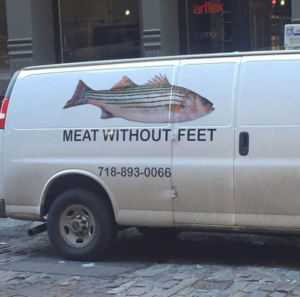
I guess, then, that these are feet without meat:
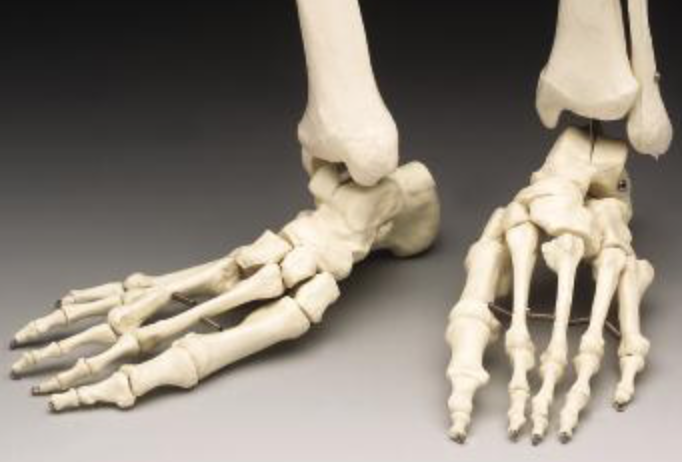
Terrible!
You are finishing up your Starting Point Document (see syllabus for information) and get that to me however – by Thursday February 1.
Projects: We made headway!
Remember: get yourself organized, get a succinct memo with what you need, then contact people for a meeting.
Team May Move Out (MMO)
Project Boss: Daniel Delatte
Little Helpers: Justin Smith, Za Hill
First Steps:
Team Food: Campus Dining, reusable containers, hyper-local food
Project Boss: Peyton Hardesty
Little Helpers: Ellen Sizer, Haley Talbot-Wendlandt
First Steps:
Team Compost
Project Boss: Juniper Deitering
Little Helper: Ellen Sizer
First Steps:
Team Recycling in Residential Halls, SLUs and Frats
Project Boss: Justin
Little Helpers: Za Hill, Juniper Deitering
First steps:
Team Sustainable Living: Themed Freshman Floor
Project Boss: Ellen Sizer
Little Helpers: Noah Barehmi, Trevor Martin
First Steps:
Garden Boxes: funded (check on progress, issues)
Project Boss: Peace and Justice House
Little Helper: Buildings & Grounds
Database of OWU Sustainability & Environment Projects
Project Boss: Emily Howald
Little Helper: tba
Delaware Run Restoration
Project boss: (Lucas Farmer, Geog 360)
Little helpers:
Activity Courses
Project Boss: tba
Little Helpers: tba
Energy Challenge
Project Boss: tba
Little Helper: tba
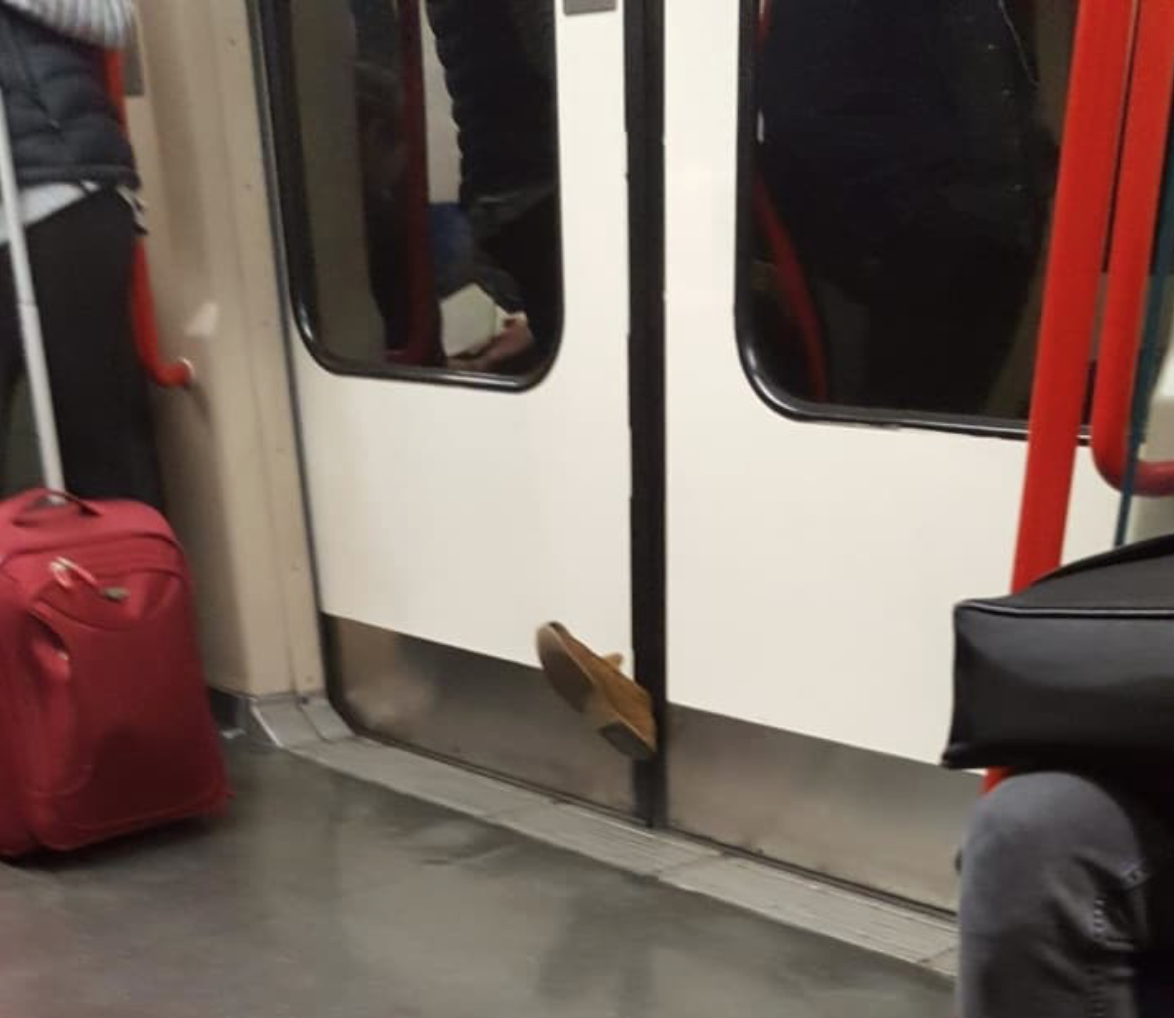
To get off on the right foot, some pearls of wisdom from reading 10:
Focus in particular on the section “Some solutions:” below.

Pearls of Wisdom
Persistent enthusiasm for sustainability projects at OWU. But…
It’s easy to get pessimistic.
Individual action is largely ineffective.
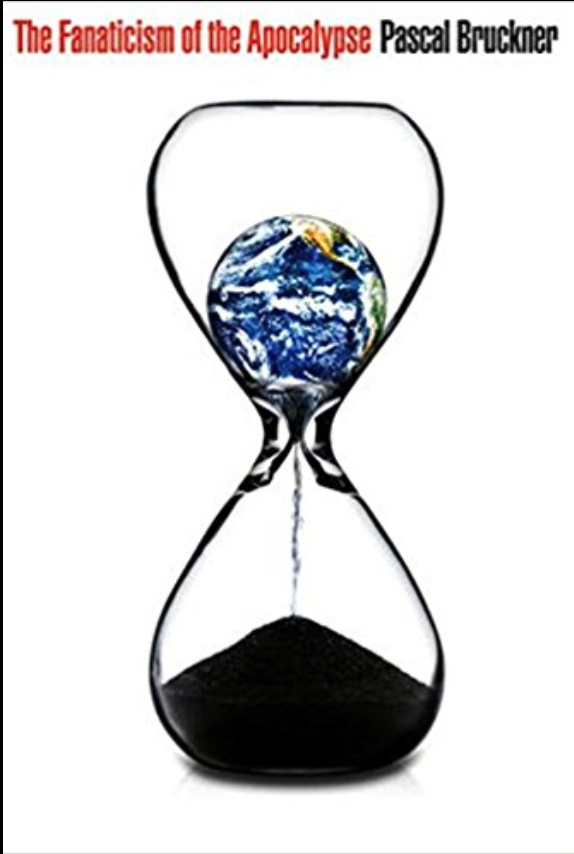
Pascal Bruckner, The Fanaticism of the Apocalypse (2013)
Pessimism, or worse…
Humans are a cancer on the earth. We are invasive species. We are parasites. We are all going to die and we deserve it.
Our carbon footprint is “the gaseous equivalent of Original Sin, …the stain that we inflict on Mother Gaia by the simple fact of being present and breathing…” (2)
“Western humanity has taken a sudden dislike for itself.” (2)
An era of ecological apocalyptic catastrophism.
“Saving the world requires us to denigrate everything that has to do with the spirit of enterprise and the taste for discovery.” (15)
“A vision of the earth as an impoverished family that has to scrimp on everything in order to get along. A rehabilitation of meanness and stinginess.” (151)
“Ecology has a choice: declaring anti-humanism as its principle, celebrating rivers and forests the better to castigate human beings, or adopting an open anthropocentrism that embraces humanity, nature, and animals in general good will, so that no category suffers pointless harm.” (100)
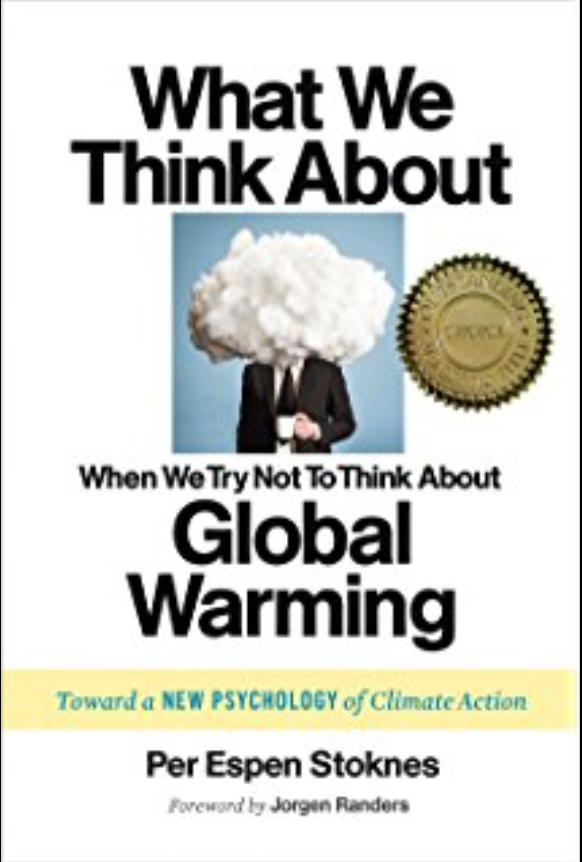
Stoknes, What We Think About When We Try Not To Think About Global Warming (2015)
Individual action is largely ineffective
We can’t opt out of the system, we like the perks.
The message we hear: we are individually responsible for collective economic system impacts on the environment.
Cognitive dissonance: painless behavior (reusable grocery bags, recycling, etc.) that allows us to feel we are doing our part – and to avoid despair and pessimism.
“Individual solutions are insufficient or even counterproductive unless they contribute to structural changes, too.” (Stoknes, p. 89)
The problem: It’s a social psychological issue: Stoknes, What We Think About… (2015)
Some solutions:
Solution: Act as Social Citizens.
“Pushing changes in personal behavior as the main solution … can also make us complacent and less vocal for change at the political and social level.” (91)
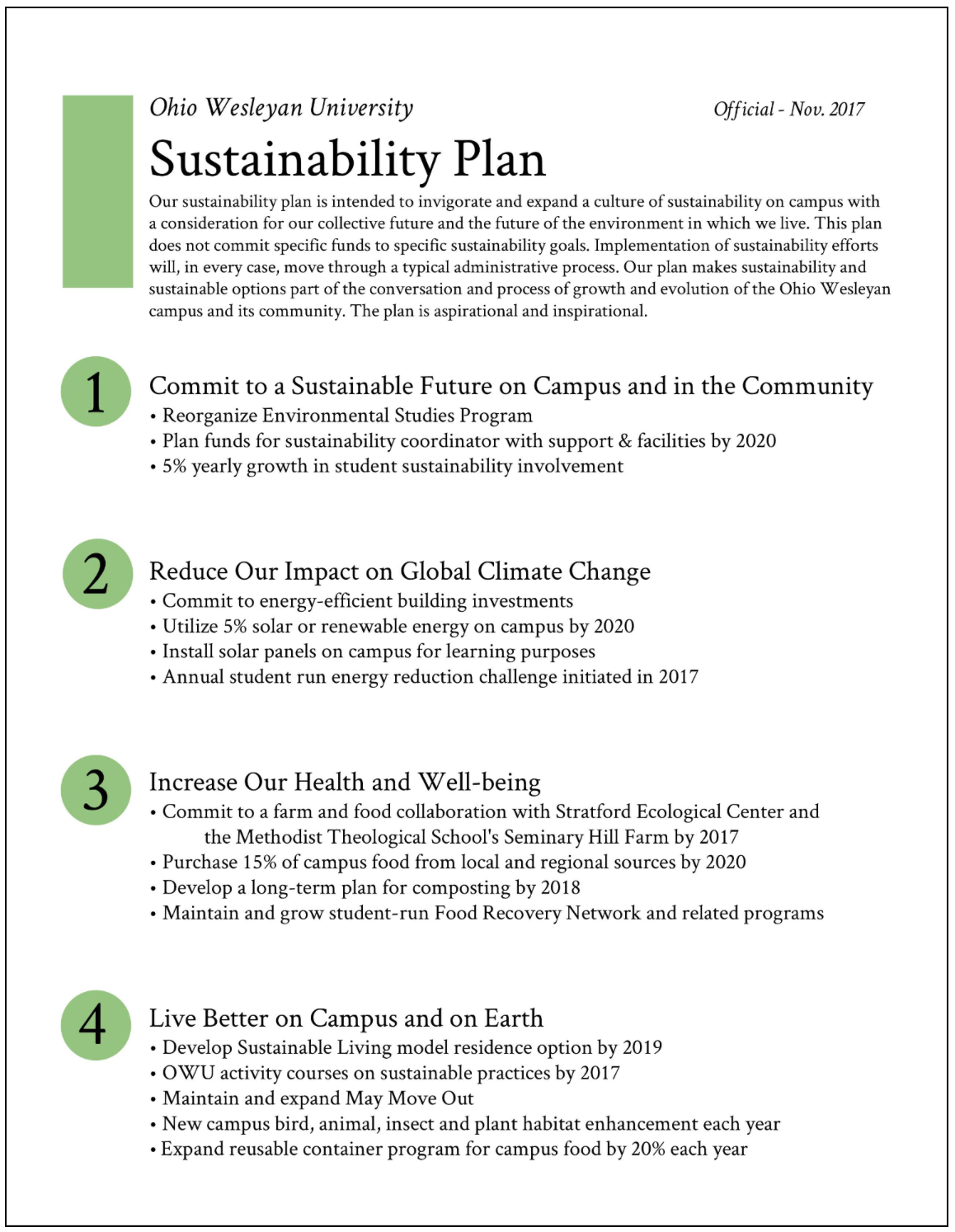
Proposed OWU Sustainability Plan Students, Faculty, Staff on STF, in courses, 2+ years
The voluntary work is spread around, taking advantage of different skill sets, collectively created (rather than the work of one person, or based on external criteria.)
Solution: Supportive Frames
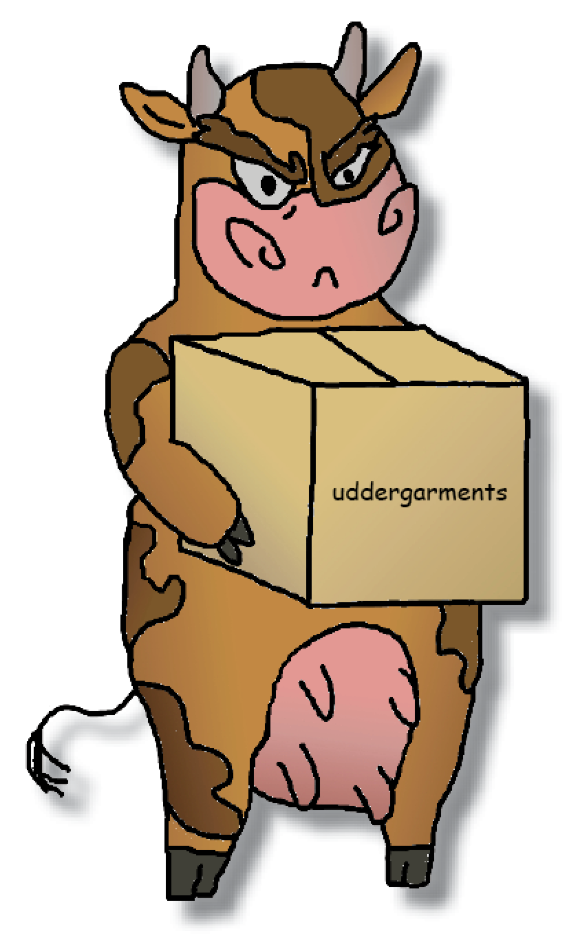 “I have a nightmare” way of communicating environmental concern is not effective.
“I have a nightmare” way of communicating environmental concern is not effective.
Instead focus on insurance, health, security, preparedness, and opportunity (111)
May Move Out (4 years)
In the case of May Move Out: it’s about donations to a good cause.

Solution: Keep it Simple
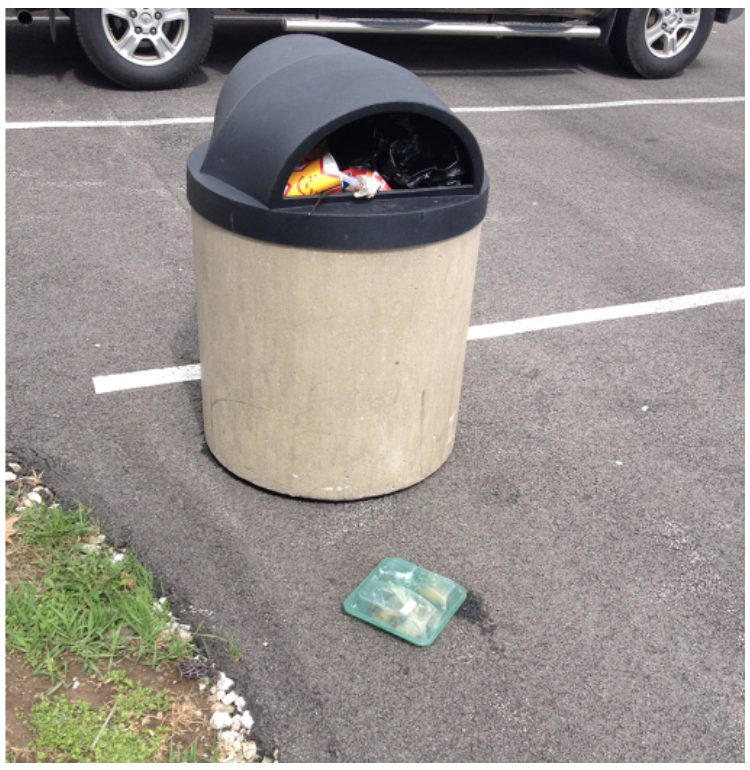 Modify “choice situations” to make green options easy: Green nudges.
Modify “choice situations” to make green options easy: Green nudges.
As long as there are few opportunities for easy green behavior, and the message causes fear and guilt, there will be backlash against the message. (64)
Green carryout food containers
2+ years
The struggle to make the use of reusable containers simple.
Solution: Social Signals
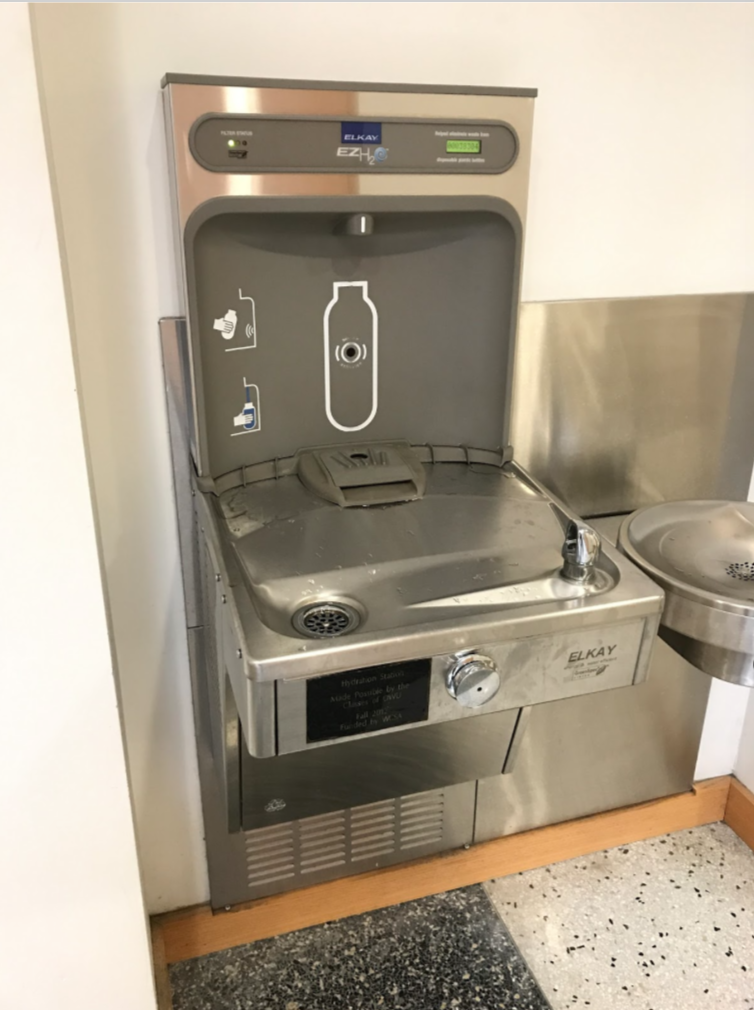 In the presence of others, behavior, attention, and
In the presence of others, behavior, attention, and
performance are changed. Social attention is a very
powerful motivator. (55)
People have to be convinced that many others are
Doing something, and it is the norm, before they
change their behavior. (31)
Hydration stations 5+ years
Carrying a water bottle is OK.
Solution: Stories
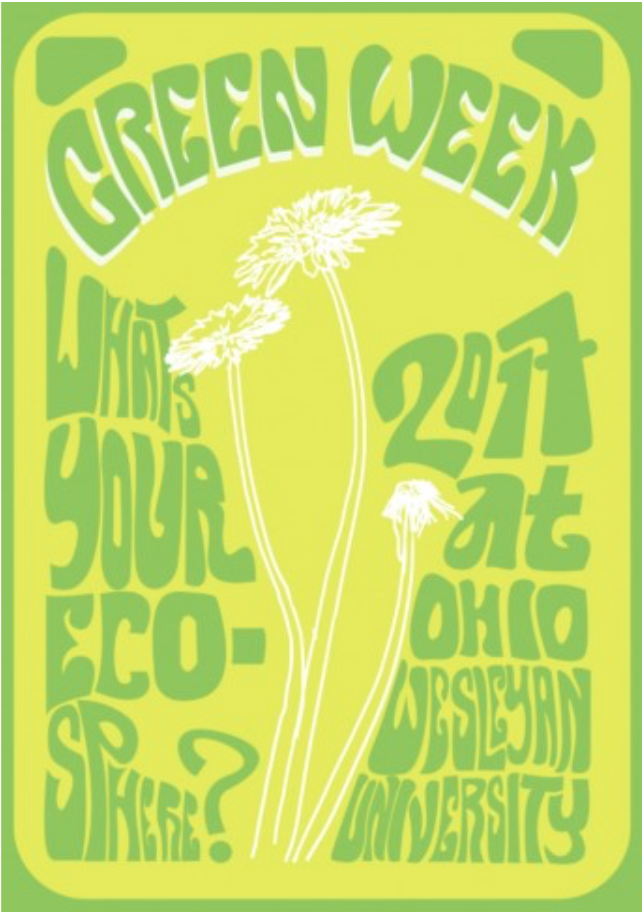 Meaning and community created by the power of stories.
Meaning and community created by the power of stories.
OWU’s Green Week
5+ years
Emergence of stories on campus: May Move Out, Green Containers, Green Week, maybe even the sustainability plan.
Even if we do all those things (social citizens, supportive frames, simplicity, signals)…
The hippie, counter-culture, eco-warrior image …
The problem of identity & sustainability
People with hierarchical and individualistic values tend to be skeptical of environmental risks and to dislike regulations to limit those risks, since regulations restrict free choice, commerce, and industry.
People with egalitarian and communitarian values see commerce and industry as self-interested and polluting entities that create unjust disparity, and which require regulation. (73)
Conservatives or libertarians don’t question climate science (and other environmental concerns) because they are ignorant. Rather, it is a way of of expressing who they are – their identity. (74)
Scrappy Sustainability?
Students, staff and faculty figure out how to make sustainability happen on campus with no full time staff and few funds: sustainability isn’t going to get done otherwise, at least in the short term. It is a good experience to try to make something real happen under challenging circumstances.
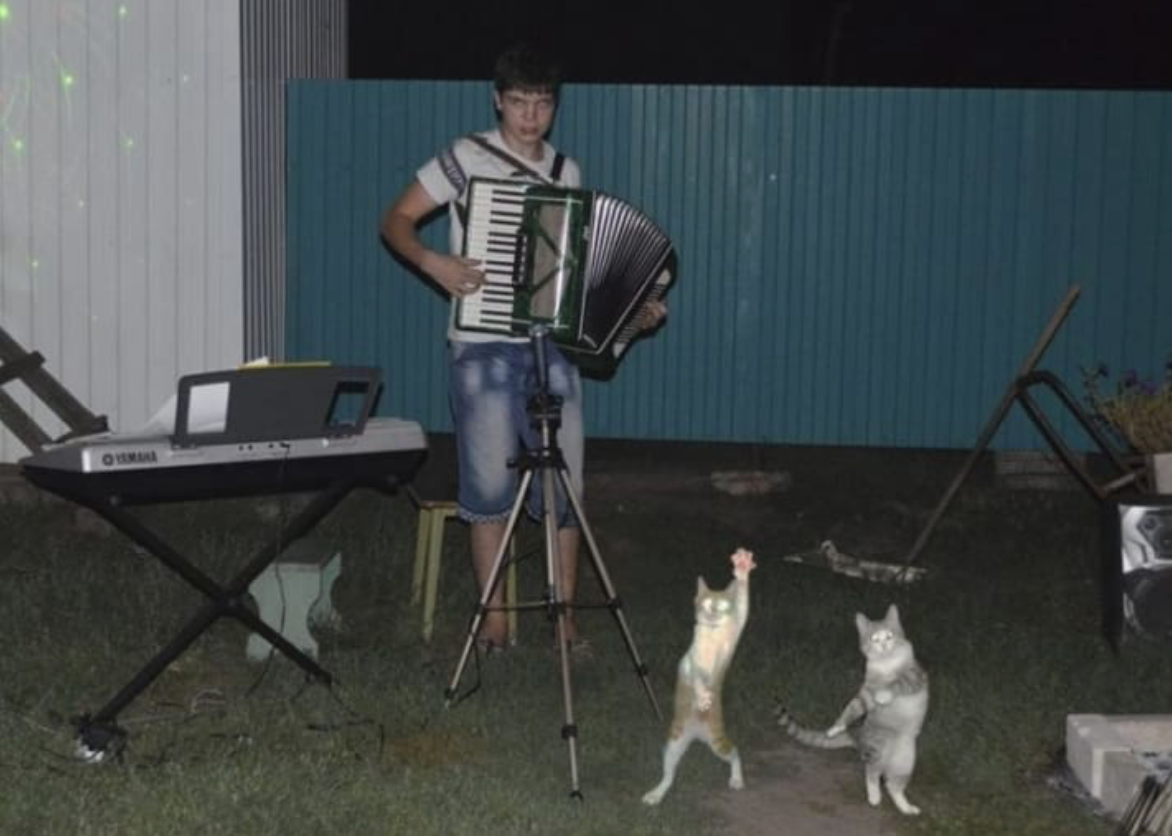
Projects for Spring 2018
Access to Previous Work: folders shared with you on Drive. See email sent to class.
Relevant Things I Forgot About:

Time to get to work.
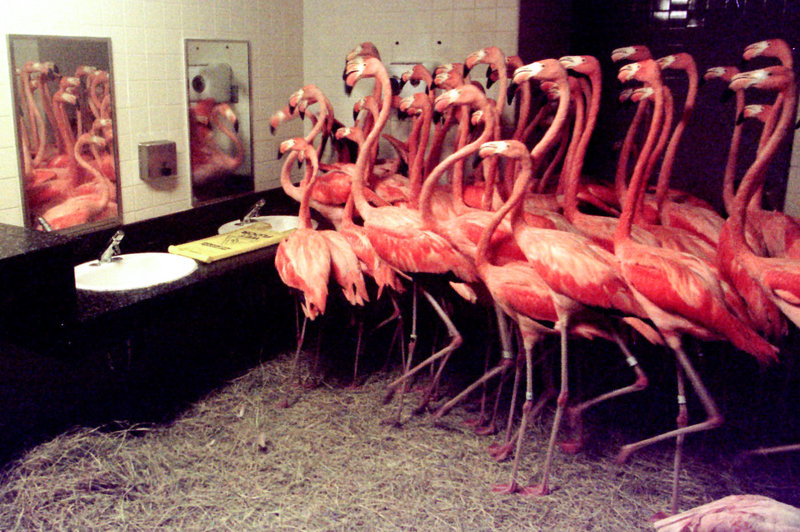
Updated the Syllabus for Spring 2018!
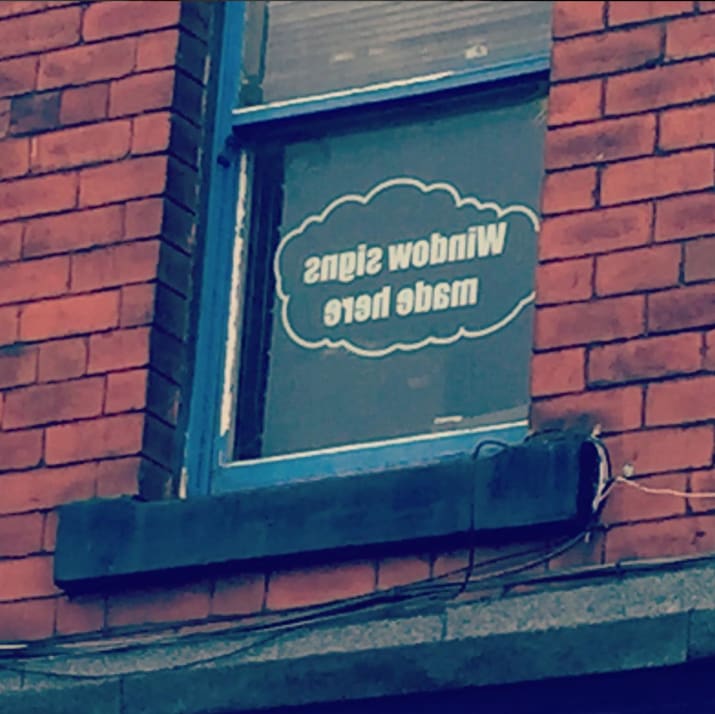
Finishing Up The Spring 2017 Semester
We waded in and made progress this spring. To wrap things up please do the following and get it to me by Tuesday May 9:
1. Project Reports
For each report (about 3 pages) compile the following:
2. Course & Personal Assessment: about 3 pages
One page or so: your thoughts on the course, its structure, and the way we worked out the goals (the revised Sustainability Plan and specific projects). Did the wheels come off? Or not? Too much loosey goosey? Or did the flexible approach work? Do you think our effort will affect sustainability efforts on campus? Or are you more pessimistic? Given that I will offer the course again next spring, document 3 things that worked well, and 3 that could use some work and/or ideas for what the course should focus on. Your suggestions for next year are very much appreciated.
One page or so: assessment of your personal efforts in the course. Describe what you did (specifically) and your role in the class (compared to other students in the class). Given your efforts, and in comparison with your pals in the class, let me know what you think you deserve for a letter grade. And which item you believe to be the essential baby essential (see below).
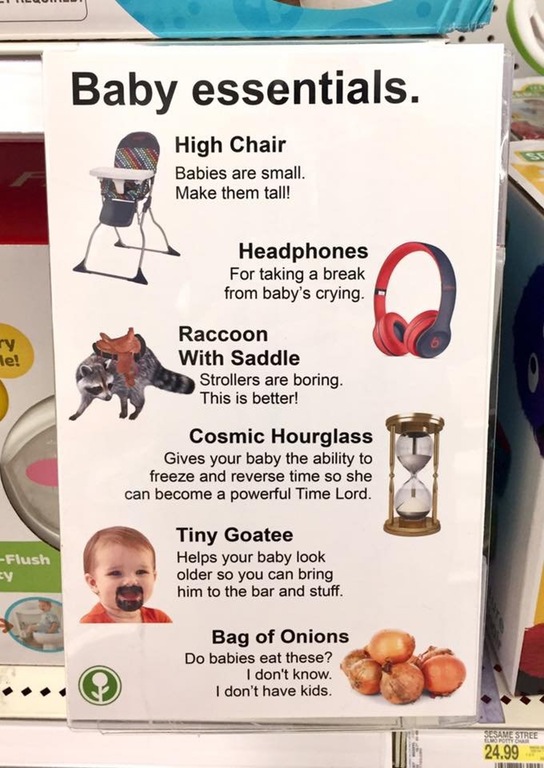
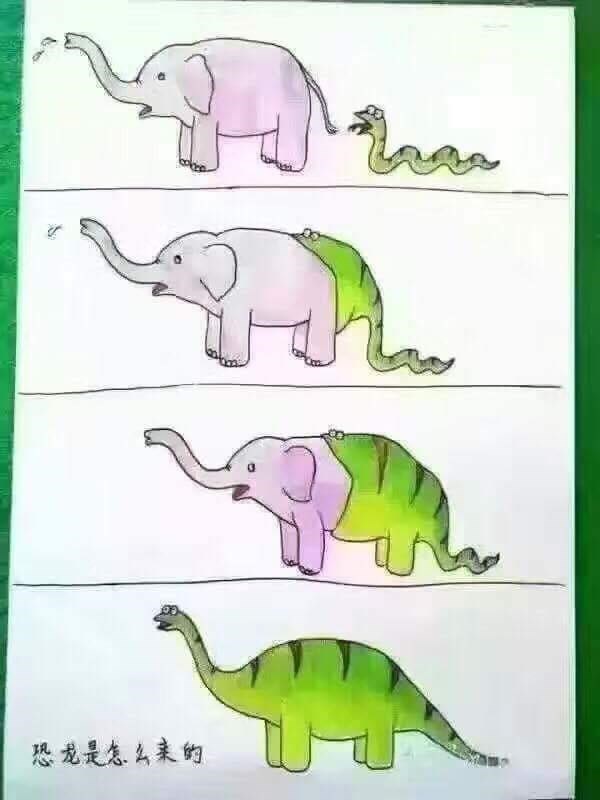
Progress and Plans:
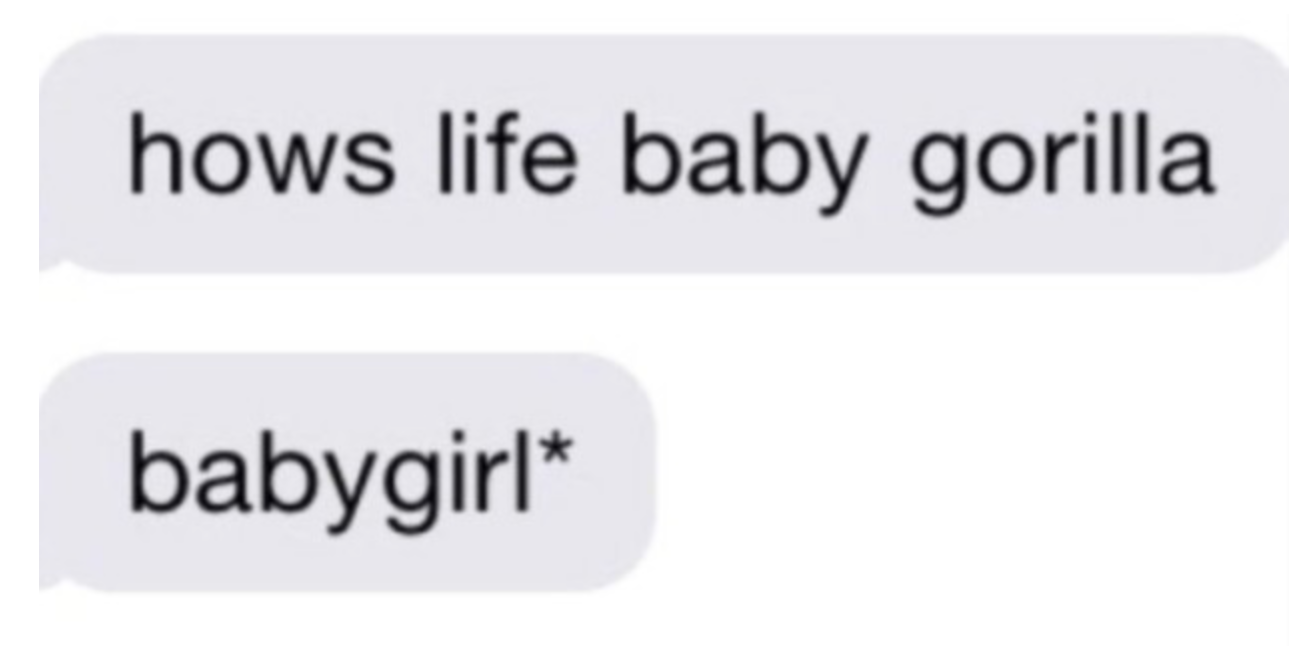
2/22/2017 May Move Out Meeting with Dan Vroegop / Goodwill
Dan’s responses in italics. Actionable items in red:
Dan will share any suggestions for improvements from his perspective.
Overall a process that is working. Goodwill happy to have trucks stop by and pick up materials from the pods every day. Students will be the primary staffing.
We also hope to work recycling into the May Move Out this year. We are working on getting stand-up recycling bins which can be placed by the pods. When our Buildings & Grounds person comes around in the morn to open the pods, he will grab any recyclables and take them to the recycling dumpster.
No problem. Goodwill will leave behind recyclables that are left in the pods.
We need to finalize the date for the Mini May Move out, so letting us know about the availability of one of your trucks for the day is important.
Decision within the week on which day and time. Goodwill can show up earlier.
Estimated dates for the May Move Out (I think these are off due to OWU schedule shift)
Waiting to hear from Res Life.
The last few years we had a group of students come down to help sort stuff at the Del. Goodwill store on a Sat or Sunday, just to see how your process works. It would be good to consider scheduling that again this spring.
Once we have volunteers (or most of them) schedule this for a weekend.
For the last few years OWU has paid a company (College Hunks Moving Junk) to clear out things left in the dorms. This includes junk, but also things students did not want to move, or things they did not want to throw away (but did not move to the pods). We are contemplating having our students help move the stuff out (B&G will then donate the savings to a Green Fund). This effort would potentially involve help from Goodwill to take away any of the donate-ables pulled from the dorms.
Goodwill does pickups but does not clear buildings like College Hunks
They are willing to help with this but we need a better sense of how much stuff has to be removed
College Hunks filled at least two pods last year, but also took a few truckloads of stuff
We may be able to get Goodwill to help clear some of the left behind things, but let College Hunks do the final clear
Contact Kathy Wink (Goodwill marketing) for materials other Goodwill sites use for May Move Out type efforts
Set up meeting with Tanna & Res Life